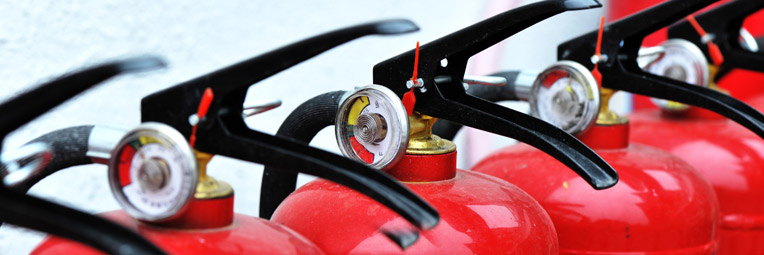
As we continue with Fire Prevention Week, it is important to remember that fall and winter seasons are the worst seasons for fires in Canada. That is why all Canadians must be mindful of the importance of fire prevention and safety. During fall and winter, we must heat our homes, most of our meals are prepared and eaten indoors, our clothing is dried indoors and people who smoke tend to do so indoors. As we prepare for colder months, keep these fire safety tips in mind:
- Heating appliances such as space heaters should not have anything combustible close by and need at least three feet of space around them. Inspect the electrical cord attached. If it overheats, you have a fire hazard. Keep young children away from them.
- Electrical and heating systems can fail and become fire hazards. Ensure they are regularly checked by a professional, especially prior to the winter season when fireplaces, heaters, appliances and other electrical equipment are in maximum use.
- Smoking while in bed or tired are the most common cause of fires that kill.
- Most chimney fires occur with wood-burning fireplaces. Ensure chimneys are cleaned and professionally inspected regularly. Burn only small quantities of wood at a time.
- Teach children that fire is not a toy. Educate your children about the dangers of fire and make sure they know that all fires, even small ones, can spread very quickly.
- Never use a flammable liquid near a flame or source of spark. Beware of hidden sources of sparks like water heater pilot lights, electric motors or heaters. Never smoke while pouring or using flammable liquids.
- If even a small doubt exists about any appliance/equipment that you use, do not hesitate to contact a qualified technician. It may save your life, and the lives of your loved ones.
THE DANGERS OF EXTENSION CORDS:
- Extension cords are a common cause of electrical fires. That is why you must be careful to use only extension cords that are rated for the power used by the device they are powering.
- Extension cords must never be run inside walls or under rugs or furniture. They can be damaged by traffic or heavy furniture and start arcing, which can lead to a fire.
- Extension cords can get warm during use and must be able to dissipate this heat or they can start a fire.
SIGNS OF AN ELECTRICAL PROBLEM:
- Flickering lights: If the lights dim every time you turn on an appliance it means that the circuit is overloaded or has a loose connection.
- Sparks: If sparks appear when you insert or remove a plug, it could be a sign of loose connections.
- Warm electrical cord: If an electrical cord is warm to the touch, the cord is underrated or defective.
Leave a Reply
You must be logged in to post a comment.